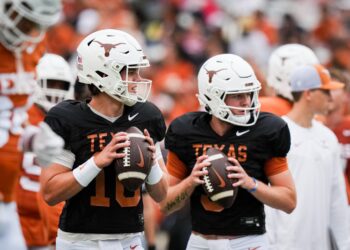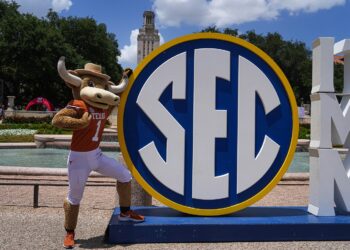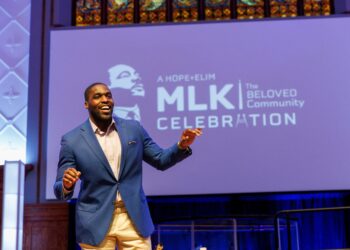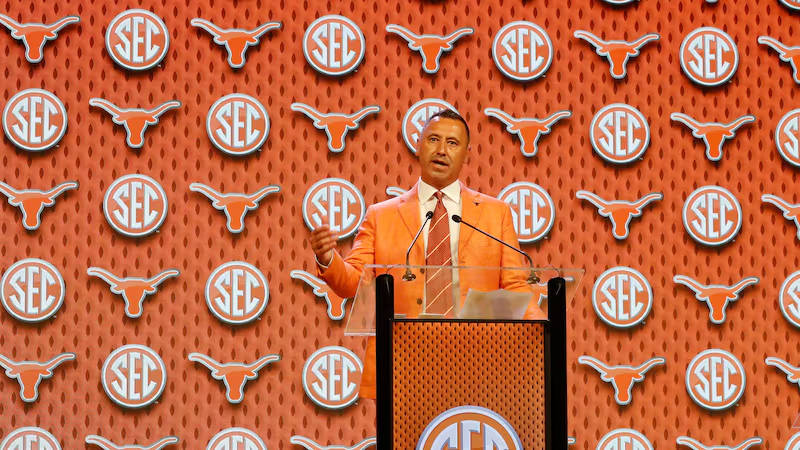Before everyone freaks out, Baylor is solely responsible for bringing in the players that did these horrific acts into their program and not doing anything about it.
However, we should examine how things progressed to where they are now.
Let’s go back to 1994. The Southwest Conference is dissolving fast. Arkansas left for the Southeastern Conference and the Big 8 is looking at the Texas-only conference as a potential to expand into the Texas market. The University of Texas and Texas A&M University are shoe-ins because they are the two biggest universities in the state and boast great academic institutions. Who else should be added? This new conference can’t be called the Big 10… that name is already taken.
SMU would be a good choice but they are struggling after receiving the death penalty and why should the new conference throw them a life saver? The University of Houston is a good candidate with a massive home market, but two seasons where the Cougars had a total of 5 wins made the school an unlikely candidate. Rice wasn’t even in the discussion.
The powers that be were down to three schools: Texas Tech, Baylor, and TCU. Texas Tech is likely the best option of the three because it is a great research institution, a public institution like the other Big 8 schools, and has a high student population.
That leaves two schools vying for one remaining spot: Baylor and TCU. Each would be the only private school in the newly formed Big 12. Both are equally good at academics.
For Baylor, they finished the 1993 season with a 5-6 record (this was the first year after Grant Teaff retired). They were never an elite team, but they finished the season in the AP Top-25 five times in Teaff’s career.
TCU had 2 sub-.500 seasons in 1992 and 1993 but a solid fanbase in Fort Worth was intriguing to some in the discussions. After backroom deals by Texas State Senator David Sibley and Lt. Governor Bob Bullock, Baylor got the fourth invitation and saved itself from relegation into a lower tier of college football.
Only it didn’t save themselves from a lower tier of football.
Before 2008, the Bears won 11 Big 12 games in 12 seasons. They were the proverbial Big 12 punching bag. No one looked at the schedule and said “Oh boy, we’re playing Baylor this week! Better get out there early because it’s gonna be packed!” Opposing fans would call Baylor fans homophobic slurs like “Gaylor” or the less controversial “Failor” among others.
To add insult to injury, TCU took their relegation with stride and started to build a solid football program that eventually earned them a place in the Big 12.
Enter Art Briles.
An accomplished Texas high school football coach who went back to his alma mater, Houston, and led them to 4 bowl games in 5 years. Texas born, Texas made. He was going to bring Baylor back from the dead and he did so. He created an offense that was like nothing ever seen in college football.
His breakout season was in 2011 when the Bears went 10-3, won the Alamo bowl and Robert Griffin III won the Heisman. There was just one problem: Baylor couldn’t play defense.
So to win more games, he needed to improve the defensive side of the ball. This is where the problem began. Coach Briles would take second chance players with sketchy histories and then play them even when they knew they committed acts of violence. Many times against women.
(At least) 9 rape victims and 2 felony convictions later, Baylor has dismissed Art Briles as head coach. Many ask: How did we get to this point? It’s simple. Our sports culture.
Choosing a university is the first major decision many young people make in their life. Choosing a career is a big decision – many times the first “adult” decision young adults make.
Many times I have been asked: “Where did you go to college/law school?” I respond by saying Mizzou. Lately, I have had to answer too many questions about Tim Wolfe, R. Bowen Loftin, and Concerned Student 1950.
That’s okay because I love my alma mater. But after that, the next question is always about sports. “Man, your football team is good/great/terrible/bad/etc.” This makes young adults believe that their university’s football team is a reflection of how good their university is at educating young scholars and how competent they are as members of society.
Instead of focusing on the great journalism and engineering programs at schools like Missouri or Texas, our culture solely focuses on sports.
Now, college students have to be vested into their sports programs to determine their societal worth. Every top recruit matters not for what they bring to the classroom but rather the potential for them to make the big play on 3rd down. Helping my university win games so that I feel good about my choice of university seems to be a common paradigm.
And it is unacceptable as a society.
Our sports culture has colored us blind to societal plagues that have gone on for far too long.
I will give credit to Baylor for sending a message that the actions of the football program are not acceptable. I respect Baylor for doing the right thing when it was easy to do the wrong thing.
But many people in Waco turned a blind eye to it because the winning made them feel good as a person. It made them proud to say “I went to Baylor” with glee in their eyes. “Coach Briles is bringing in Sam Ukwuachu, well he’s a Texas boy coming home so that’s good enough for me! Oh he punched through a window and threatened his girlfriend with violence? Well, that’s probably made up because she’s just looking for that NFL paycheck.”
You think that’s crazy? See the responses to Erica Klinsman’s story when she was assaulted by Jameis Winston.
What we as sports fans must learn from this is a simple message: This is just a game. That’s really all sports is, just a game. Not a measure of who we are as a people or as learned professionals in our particular fields of study. It’s entertainment on fall Saturdays.
The great football player on the field may not be a good person off the field and just because they can make a throw or a tackle better than another doesn’t mean they aren’t dangerous people in society.
Our sports teams don’t define who we are, we define ourselves by what we stand for and what we do.
I am a Husband, Father, aspiring lawyer and writer. That’s who I am, and not the teams I root for.
The question is, is our society ready to embrace that rather than say it?












